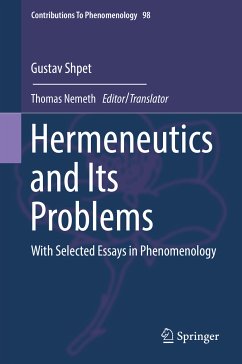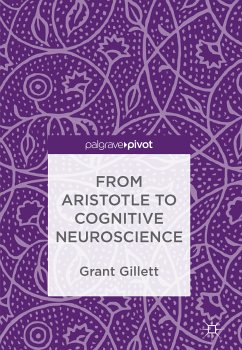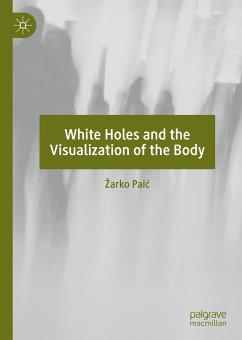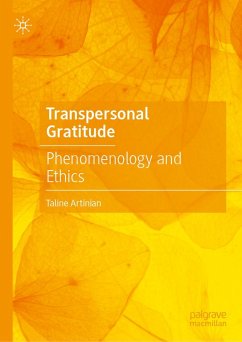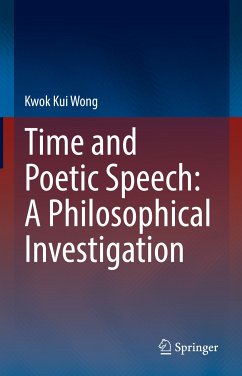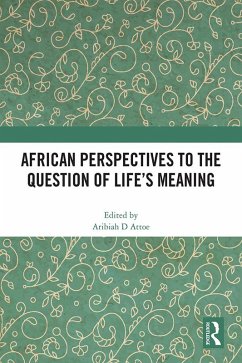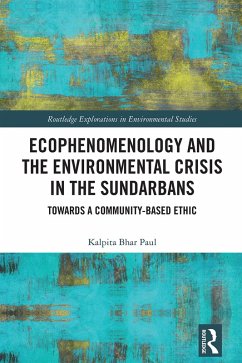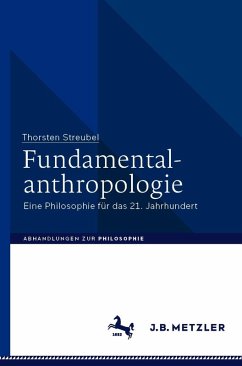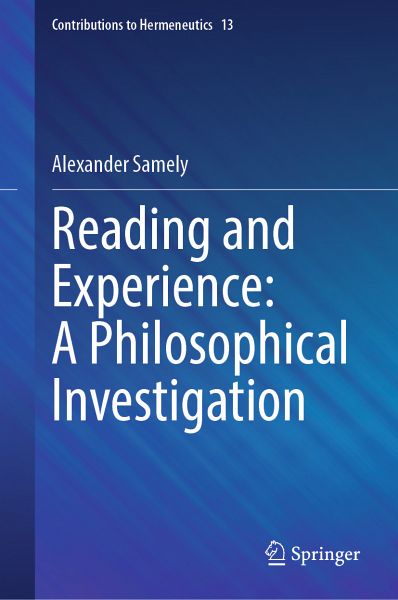
Reading and Experience: A Philosophical Investigation (eBook, PDF)
Versandkostenfrei!
Sofort per Download lieferbar
96,95 €
inkl. MwSt.
Weitere Ausgaben:

PAYBACK Punkte
48 °P sammeln!
This text is the first comprehensive attempt in decades to integrate reading into the philosophical discussion of the synthesis of experience more generally. It offers a comprehensive critique of three disciplinary approaches to reading: philosophical, literary and empirical/neuroscientific, while developing an innovative and unifying phenomenological account. It discusses texts from a variety of contemporary and historical contexts. It is inclusive, treating non-fiction alongside fiction, literary art alongside everyday texts, and narrative alongside thematic discourse. It addresses all readi...
This text is the first comprehensive attempt in decades to integrate reading into the philosophical discussion of the synthesis of experience more generally. It offers a comprehensive critique of three disciplinary approaches to reading: philosophical, literary and empirical/neuroscientific, while developing an innovative and unifying phenomenological account. It discusses texts from a variety of contemporary and historical contexts. It is inclusive, treating non-fiction alongside fiction, literary art alongside everyday texts, and narrative alongside thematic discourse. It addresses all reading practices found today: casual and unreflective reading, close and scholarly reading with re-reading, the analysis of literary art, and sacred text study and memorization. In the current intellectual landscape, the book is unique in bringing all these aspects together in a philosophically coherent discussion.
The book provides a critique of philosophical accountsof text meaning and linguistic experience by philosophers from Husserl and Ingarden to Sartre, Merleau-Ponty, Arendt, Gadamer and Derrida, and examines the positions of contemporary 'naturalizing' phenomenologists, such as Varela and Thompson. Also treated are neuroscientists such as Dehaene, and theorists of consciousness such as Kintsch, Flanagan and Dennett. Finally, this volume engages with psychological, linguistic, structuralist, 'theory of mind' and 'experiential' approaches in literary studies, from Bühler and Hamburger to Fludernik, Herman and Kuzmicová. It appeals to students and researchers working in these fields.
Dieser Download kann aus rechtlichen Gründen nur mit Rechnungsadresse in A, B, BG, CY, CZ, D, DK, EW, E, FIN, F, GR, HR, H, IRL, I, LT, L, LR, M, NL, PL, P, R, S, SLO, SK ausgeliefert werden.



